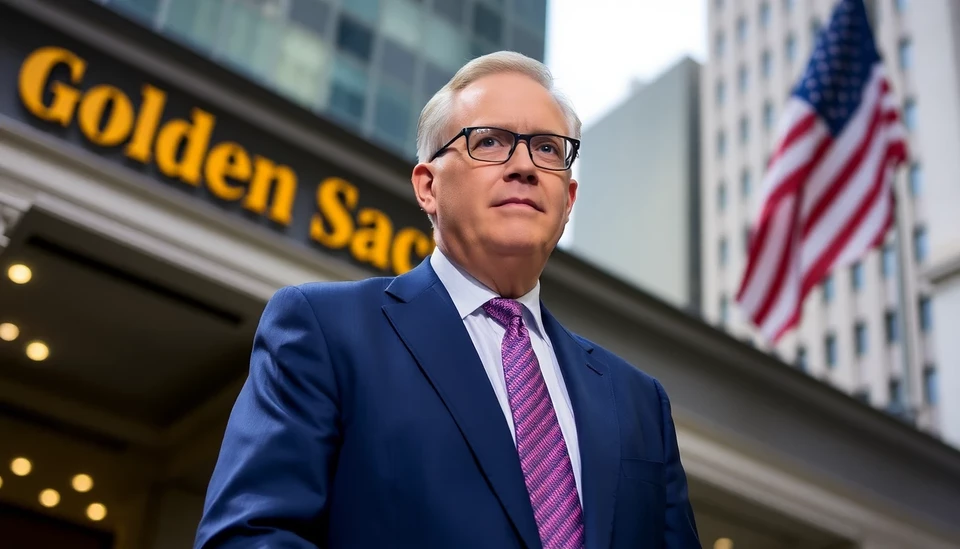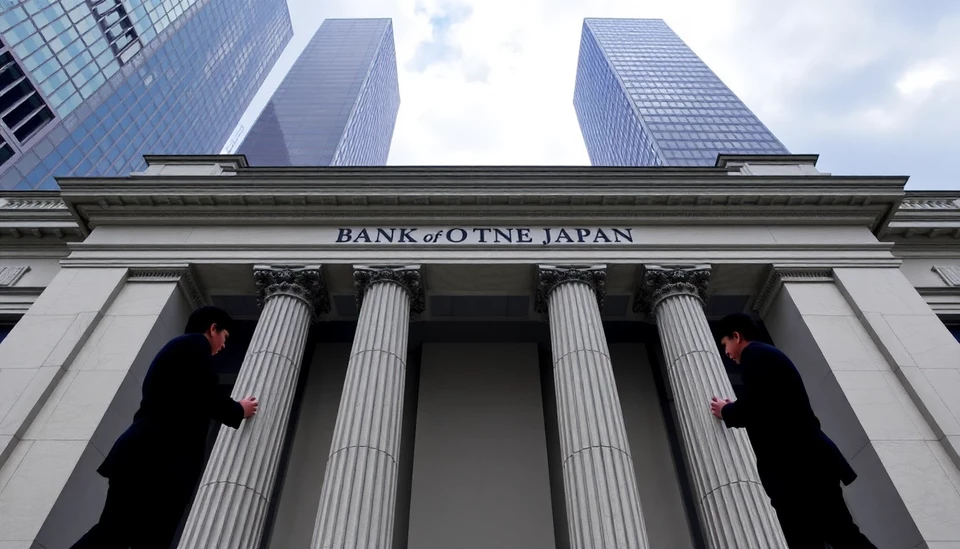
In a significant critique of the financial behemoth Goldman Sachs, Glass Lewis, a pivotal player in proxy advisory services, has denounced the company's executive bonuses as "excessive." This condemnation comes in light of the firm's recent compensation decisions amidst a tumultuous economic landscape that has seen various firms tightening their belts.
Glass Lewis's remarks center around the substantial payouts awarded to the firm's top executives, which have raised eyebrows among investors and stakeholders. The advisory firm has called into question the justification for such high levels of remuneration, especially when juxtaposed with the ongoing performance challenges faced by the broader financial sector.
Understanding the context of Glass Lewis's assessment requires delving into Goldman Sachs' recent performance metrics. Despite a tumultuous backdrop punctuated by fluctuating markets and increasing operational challenges, the bank has maintained a consistent approach to executive compensation. This paradox has led to growing concerns among investors who feel that the rewards do not align with performance, a sentiment echoed by Glass Lewis.
Furthermore, Glass Lewis argues that the compensation structure at Goldman Sachs appears to prioritize short-term gains over sustainable long-term growth metrics. Investors are increasingly wary of strategies that reward executives regardless of the company's overall health or shareholder value. Glass Lewis’s criticism has resonated with numerous stakeholders who fear that the current compensation practices might foster a culture that values immediate financial returns over strategic resilience.
The advisory firm made its stance clear ahead of Goldman Sachs' upcoming annual shareholder meeting, where the executive compensation package is set to be voted on. In an environment where accountability and alignment with shareholder interests have become paramount, shareholders are likely to scrutinize the proposed bonuses more closely than ever before.
Goldman Sachs, known for its high-stakes culture, has historically faced challenges in balancing executive pay with broader financial performance. As regulatory bodies continue to enforce stricter governance norms, the bank's ability to justify its compensation strategies in light of Glass Lewis’s critique remains to be seen.
With debates surrounding executive compensation heating up, Glass Lewis's declaration stands as a critical reminder of the need for transparency and accountability in corporate governance practices. Stakeholders are hoping that their voices will be heard amid the growing calls for reform in how executive pay is structured and disbursed.
In conclusion, as the dialogue around corporate ethics intensifies, it is evident that pressure is mounting on Goldman Sachs to reassess its compensation policies to better reflect performance and stakeholder expectations.
#GoldmanSachs #GlassLewis #ExecutiveCompensation #CorporateGovernance #FinancialSector #InvestorConcerns #BusinessEthics #ESG
Author: Samuel Brooks




